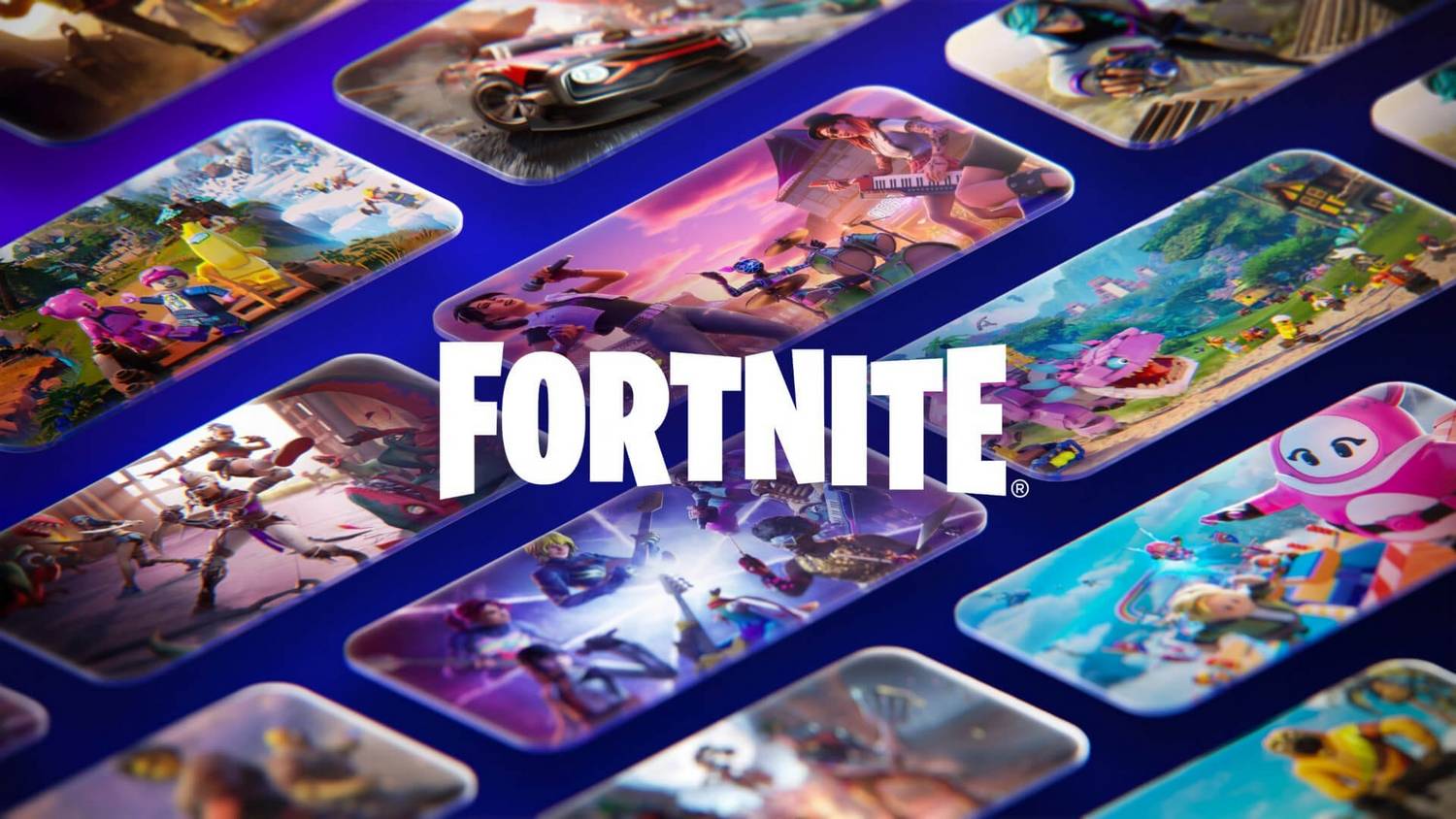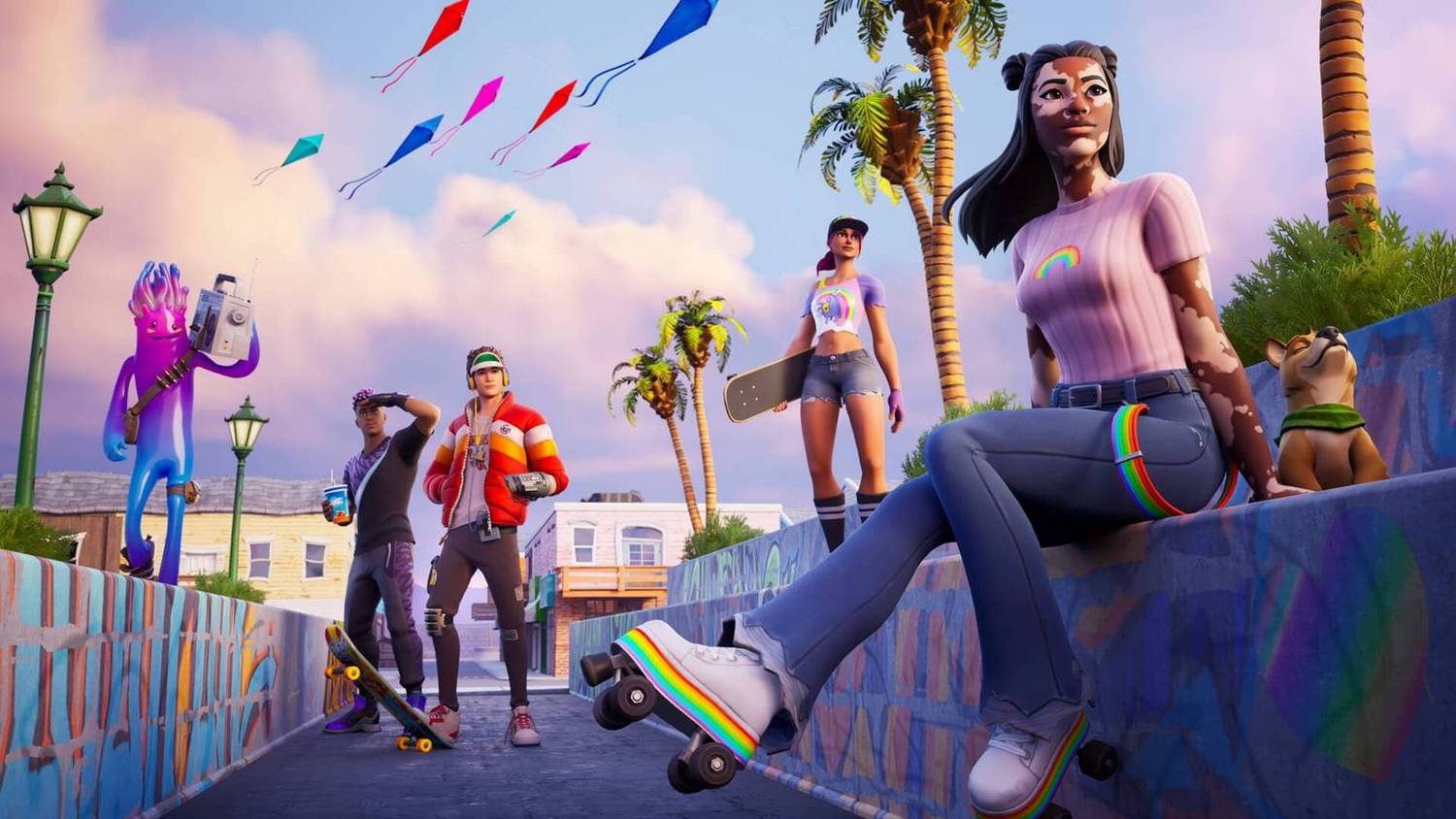Legal Quake in the Metaverse: Epic Games Sues Fortnite Creators Over $Tens of Thousands’ Botting Scheme
Popular Now
 EA SPORT FC 25
EA SPORT FC 25
 Candy Crush Saga
Candy Crush Saga
 League of Legends
League of Legends
 Warframe
Warframe
 Black Myth: Wukong
Black Myth: Wukong
 Schedule I
Schedule I
 Poppy Playtime
Poppy Playtime
 Minecraft
Minecraft
 CarX Street
CarX Street
 BeamNG.drive
BeamNG.drive
 Epic Games is escalating its fight against fraudulent activity within its ecosystem, recently filing a major lawsuit against two Fortnite Island creators. The core of the legal action alleges that the defendants, Idris Nahdi and Ayob Nasser, utilized a sophisticated network of over 20,000 bot accounts to artificially inflate player engagement metrics on their custom-made maps, resulting in “tens of thousands of dollars” in unwarranted payouts from the company’s Island Creator Program. This aggressive legal move highlights the video game industry’s commitment to protecting the integrity of its creator economies and sends a clear message about the severe consequences of platform exploitation.
Epic Games is escalating its fight against fraudulent activity within its ecosystem, recently filing a major lawsuit against two Fortnite Island creators. The core of the legal action alleges that the defendants, Idris Nahdi and Ayob Nasser, utilized a sophisticated network of over 20,000 bot accounts to artificially inflate player engagement metrics on their custom-made maps, resulting in “tens of thousands of dollars” in unwarranted payouts from the company’s Island Creator Program. This aggressive legal move highlights the video game industry’s commitment to protecting the integrity of its creator economies and sends a clear message about the severe consequences of platform exploitation.
 The Anatomy of the Alleged Fraudulent Scheme
The Anatomy of the Alleged Fraudulent Scheme
The Fortnite Island Creator Program is designed to reward developers for creating engaging content, distributing a pool of money based on player metrics like playtime and retention. The greater the genuine player engagement, the larger the payout. However, the lawsuit, filed in the United States District Court for the Eastern District of Michigan, details a systematic effort to game this system.
According to Epic Games’ complaint, the scheme involved:
- Deployment of Massive Bot Network: The defendants are accused of creating and managing over 20,000 fake “bot” player accounts.
- Simulated Engagement: These bots were reportedly programmed to access and “play” on the creators’ custom Islands through cloud gaming services, simulating genuine human engagement.
- Inflated Metrics for High CPC Payouts: The artificial activity dramatically inflated the performance metrics for the defendants’ islands, leading to undeserved revenue share payments. Epic Games’ internal investigation revealed that between 88% and 99% of the engagement on the two creators’ maps was artificial.
Reviewing Game Integrity: This case is a critical review of game monetization practices, specifically addressing the vulnerabilities in rewarding user-generated content (UGC). The large scale of the botting—tens of thousands of accounts—demonstrates a calculated effort to exploit a trust-based system for significant financial gain. The misappropriated funds, according to the legal filing, were money “that would otherwise have been paid out to other developers who earned genuine engagement from real Fortnite players.”
 Epic Games’ Swift and Decisive Response
Epic Games’ Swift and Decisive Response
Epic Games began to suspect misconduct after the defendants received initial substantial payments in late 2024 and early 2025. Once the investigation confirmed the artificial nature of the engagement, the company took immediate, multi-pronged action:
- Payments Withheld: Epic Games immediately stopped portions of the engagement payments attributable to the artificial activity. The lawsuit notes that the bot activity suddenly dropped off after this action, suggesting the defendants were aware their scheme was detected.
- Island Takedown and Permanent Bans: The offending Fortnite Islands were promptly taken down, and the two creators were banned from accessing the Fortnite platform.
- Legal Recourse: The current lawsuit seeks to recoup all unearned payments and damages. Epic Games is suing for Breach of Contract, Copyright Infringement, and Fraud, sending a clear message about the legal risks of exploiting its intellectual property and commercial programs.
The gaming giant is requesting the court to issue a permanent injunction that would bar the two men, and even their heirs or successors, from ever accessing Fortnite or any server owned by Epic Games. This extreme measure underscores the company’s zero-tolerance stance on fraudulent activity that threatens the fairness of its platform for the broader creator community.
The Future of UGC Monetization and Legal Precedents
This lawsuit serves as a significant precedent in the evolving landscape of user-generated content platforms. As games like Fortnite increasingly transition into metaverses where players can both create and earn revenue, the need for robust fraud detection and decisive legal defense becomes paramount. The financial incentives, often measured in high-value online revenue and high Cost Per Click (CPC) value associated with millions of engaged players, naturally attract opportunistic exploiters. Epic Games’ action is a necessary defense of the legitimate creators who rely on the program for their livelihoods.
The case also raises fundamental questions for the broader video game industry:
- How can platforms best verify genuine player engagement in real-time?
- What measures, beyond automated detection, are required to deter sophisticated botting operations?
- What legal frameworks can be strengthened to protect creator-fund systems globally?
Fortnite’s Evolving Economy: The outcome of this case will be closely watched by developers and gaming news outlets worldwide, as it will likely influence the terms of service and legal strategies of other major UGC platforms. For Epic Games, maintaining the integrity and fairness of the Creator Program is essential to its long-term strategy of growing Fortnite into a sustainable and decentralized creative ecosystem. The lawsuit reaffirms that attempts to dishonestly siphon funds from the program will be met with the full force of a multi-billion dollar corporation determined to safeguard its digital assets and community trust.
The current legal proceedings are ongoing, and updates are expected as the defendants file their response to the claims of fraud and contract breach. The gaming industry awaits the verdict, a decision that will undoubtedly shape the future of monetization strategies within the massive, creator-driven world of Fortnite.
Disclaimer: Information for this review is based on public court filings and confirmed news reports as of October 2025.










